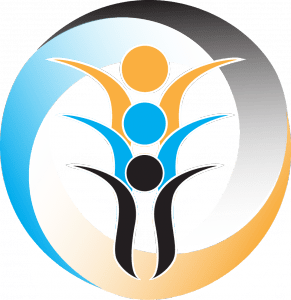 Improving the health of the deaf and hard-of-hearing population through accessible patient-reported outcome measures is the goal of a $1.6 million study funded by the National Institutes of Health (NIH), led by Rochester Institute of Technology (RIT).
Improving the health of the deaf and hard-of-hearing population through accessible patient-reported outcome measures is the goal of a $1.6 million study funded by the National Institutes of Health (NIH), led by Rochester Institute of Technology (RIT).
According to RIT, researchers and providers will, for the first time, have a tool for assessing their deaf and hard-of-hearing patients’ health-related quality-of-life outcomes in American Sign Language (ASL). Resulting data is intended to lend new insights in patient outcomes research and improve prevention and treatment models for the underserved deaf and hard-of-hearing population, according to Poorna Kushalnagar, PhD, a health psychologist, research associate professor, and director of the Deaf Health and Communication and Quality of Life Center in RIT’s Center for Imaging Science.
Patient assessments evaluate symptoms, well-being and life satisfaction, as well as physical, mental and social health. Kushalnagar reported that surveys designed for English speakers present a language barrier for many users of ASL and accessible services. She and her colleagues at Northwestern University, University of Arkansas Little Rock, and Gallaudet University have developed a new profile based on the standard Patient Reported Outcome Measurement Information System, or PROMIS, used in clinical outcomes research. The team modified the PROMIS domains to reflect the experiences of deaf and hard-of-hearing people in English and ASL. The resulting PROMIS-Deaf profile has undergone rigorous cognitive testing with deaf and hard-of-hearing adults and is being used to gather data from a nationwide sample.
A large sample of 650 participants will allow researchers to analyze data from several subgroups within the deaf and hard-of-hearing population, such as by hearing-level, language, gender, ethnicity, race and identification with the lesbian, gay, bisexual, transgender and gay community.
“This project will yield the largest, most representative quality-of-life data set on deaf and hard-of-hearing adults with early deafness,” said Kushalnagar.
Source: RIT News






$1.6M. Well, at least you thought of a few clever acronyms and a catchy icon to spend this on for the hearing researchers. Congrates for really move the world forward for the deaf and HoH.